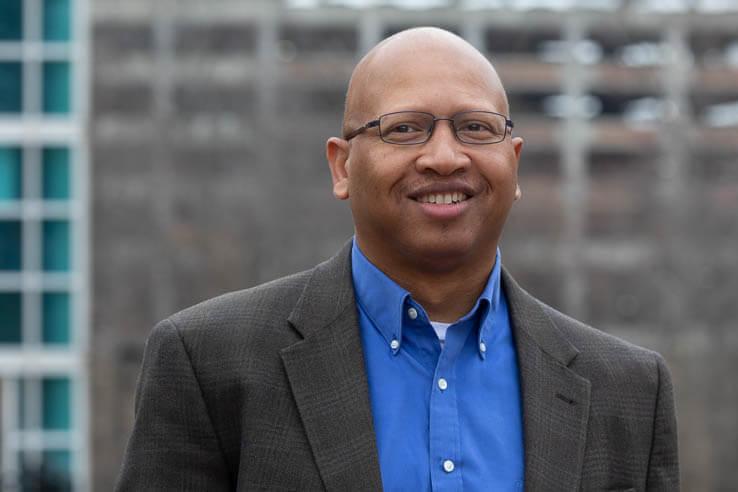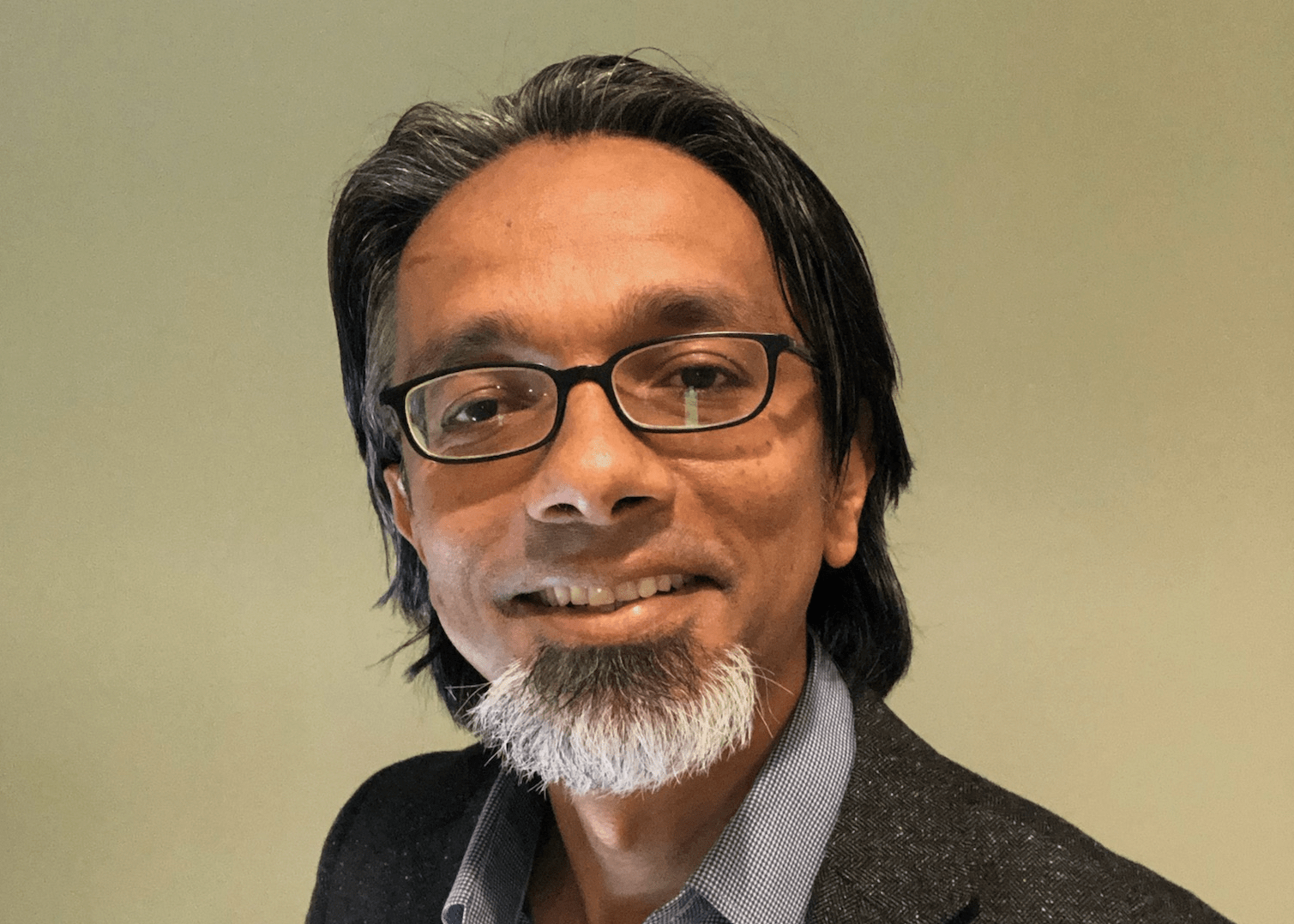The following faculty experts are available for interviews related to climate change and health. Brief descriptions of their relevant expertise are included. To arrange an interview with one of these faculty members, please contact SPH Communications at sph-comm@umd.edu.

Sacoby Wilson, PhD
Associate Professor, Applied Environmental Health (MIAEH)
University of Maryland School of Public Health
Dr. Wilson can speak about exposure science, environmental justice, environmental health disparities, community-engaged research, including crowd science and community-based participatory research (CBPR), water quality analysis, air pollution studies, built environment, industrial animal production, climate change, community resiliency and sustainability.
His relevant experience includes working with community-based organizations, advocates and lawmakers to study and address environmental justice and health issues and translate research to policy and action. He also directs the Community Engagement, Environmental Justice and Health (CEEJH) laboratory, which provides technical assistance and research support to communities fighting against environmental injustice and environmental health disparities in the DMV region and across the nation.
Additionally, Dr. Wilson hosts an annual environmental justice symposium at the University of Maryland that brings together community members, advocates, policymakers, researchers, students and practitioners to discuss ways to address environmental justice issues in the DMV region and around the country.
Among his many leadership roles, he is a member of the US EPA's National Environmental Justice Advisory Council (NEJAC), a member of the National Academy of Science's Board on Environmental Studies and Toxicology (BEST), board member of the Citizen Science Association, and Editor-in-Chief of Environmental Justice.

Amy R. Sapkota, PhD
Professor, Applied Environmental Health
Director, CONSERVE Center of Excellence
University of Maryland School of Public Health
Dr. Sapkota is available to speak about water reuse, food and health, environmental microbiology, exposure assessment, the food-energy-water nexus and next-generation sequencing.
She is an environmental microbiologist and exposure assessor, whose relevant experience includes serving as Director of CONSERVE: A Center of Excellence at the Nexus of Sustainable Water Reuse, Food & Health, a multi-institution Center funded by the U.S. Department of Agriculture, National Institute of Food and Agriculture (2016-2021).
She is also the Principal Investigator of UMD Global STEWARDS (STEM Training at the Nexus of Energy, Water Reuse and Food Systems), a National Research Traineeship (NRT) program funded by the National Science Foundation (2018-2023).

Amir Sapkota, PhD
Professor, Applied Environmental Health (MIAEH)
University of Maryland School of Public Health
Dr. Sapkota can speak about environmental epidemiology, exposure assessment, health disparities, the health impacts of climate change and the cardiopulmonary health effects of combustion-related air pollutants.
His relevant experience includes leading a research group focused on understanding how climate change impacts human health, as well as striving to inform policy and increase community resilience. He is the principal investigator for the multinational consortium Addressing Extreme Weather Related Diarrheal Disease Risks in the Asia Pacific Region and for the Maryland Climate Change Health Adaptation Program.
In partnership with the Maryland Department of Health, Sapkota's team has been developing public health strategies against climate change threats in Maryland and drafted the first Climate and Health Profile Report for the State that shows how the increasing frequency of extreme weather events is adversely impacting the health of Marylanders.